Asafoetida is a remarkable Indian spice, also known as the food of the gods, asant, stinking gum and others. It has unique taste and medicinal properties.
In traditional Indian cuisine, asafoetida is added ground into powder to almost all traditional dishes. Often it is offered mixed with wheat flour. It is suitable for vegetarian dishes, since it balances the taste of the sweet, sour and spicy ingredients in the dish.
The spice is in essence the gum of the roots of the wild tropical plant Ferula asafoetida. It has a characteristic sharp aroma, exceptionally reminiscent to that of onions and garlic. This makes it a perfect substitute for them in salads and dishes, especially for people with sensitive stomachs.
The spicy aftertaste requires limiting its use. It is added to garnishes, roasted sandwiches, hors d'oeuvres and hot vegetable dishes. It is used to season pastries, salty dishes, appetizers, rice and pretty much everything with a vegetable stuffing.
The consumption of this Indian miracle has a beneficial effect on the digestive, as well as on the respiratory and nervous systems. It is among the most widely used herbs in Eastern medicine.
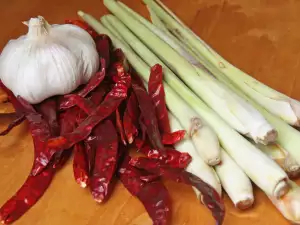
In the past, asafoetida was given to women to strengthen the body. It also had properties similar to opium. It is because of this that today it is not used in this way.
According to Eastern folk medicine healers, anyone who uses asafoetida in their diet becomes more calm. As well, they will improve relations with those around them. The herb mitigates stress and smooths out wrinkles.
In traditional folk medicine, asafoetida is used to reduce spasms of the smooth muscles, asthma and bronchitis. Often it is used as a means of getting rid of toxins.
The substances in it boost the immune system and help the body fight off flu and colds. Also, studies have shown that asafoetida helps establish the link between the 2 brain hemispheres.
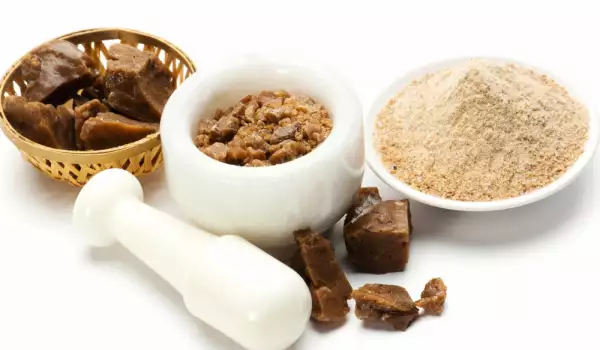
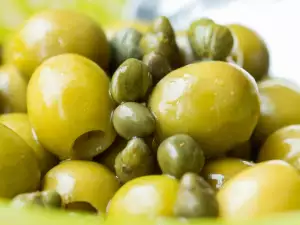





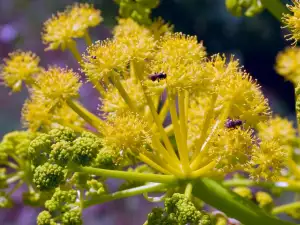



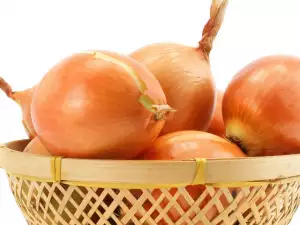



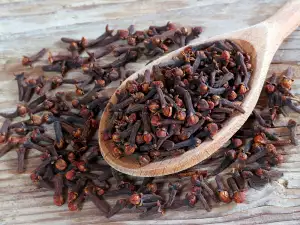




Comments